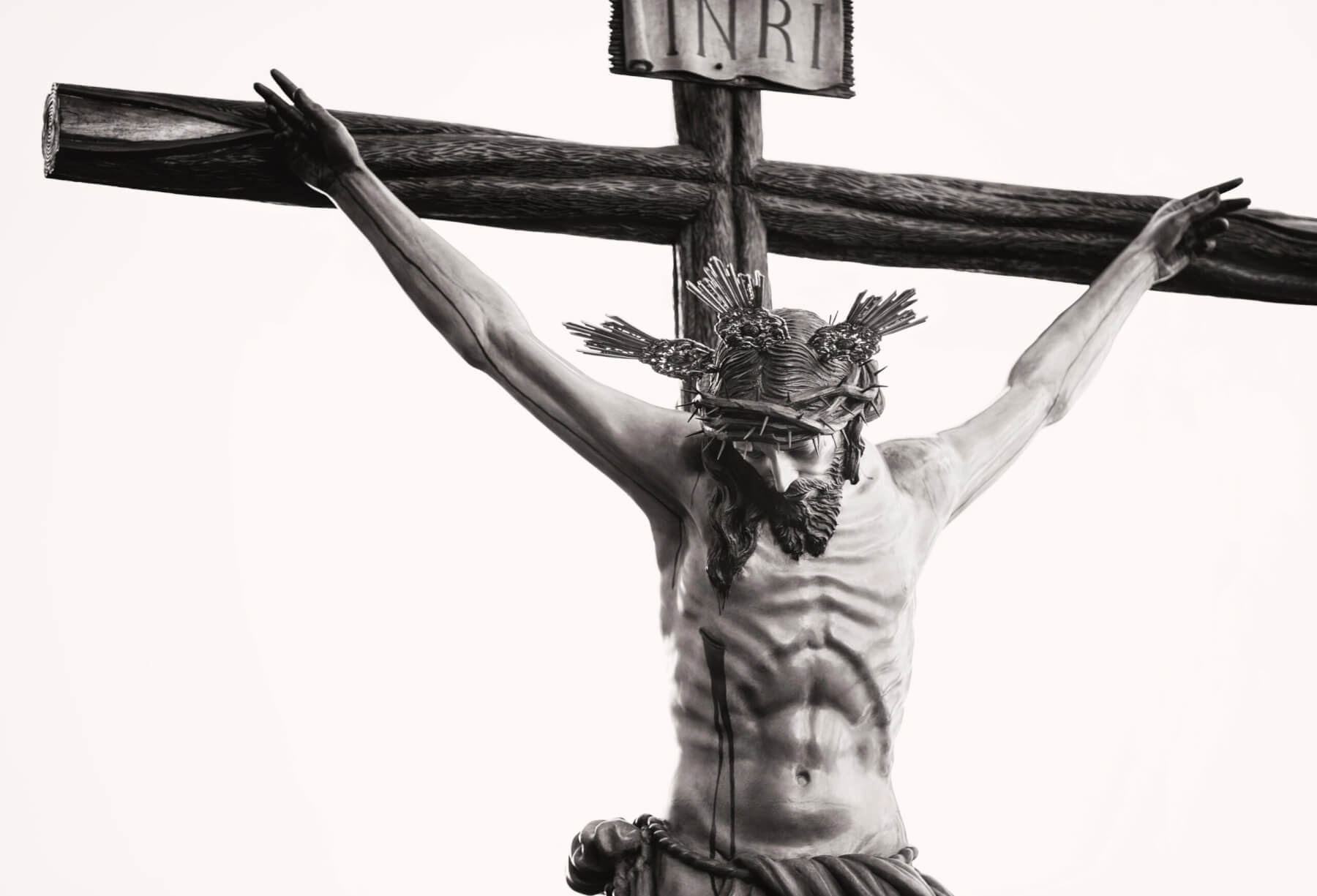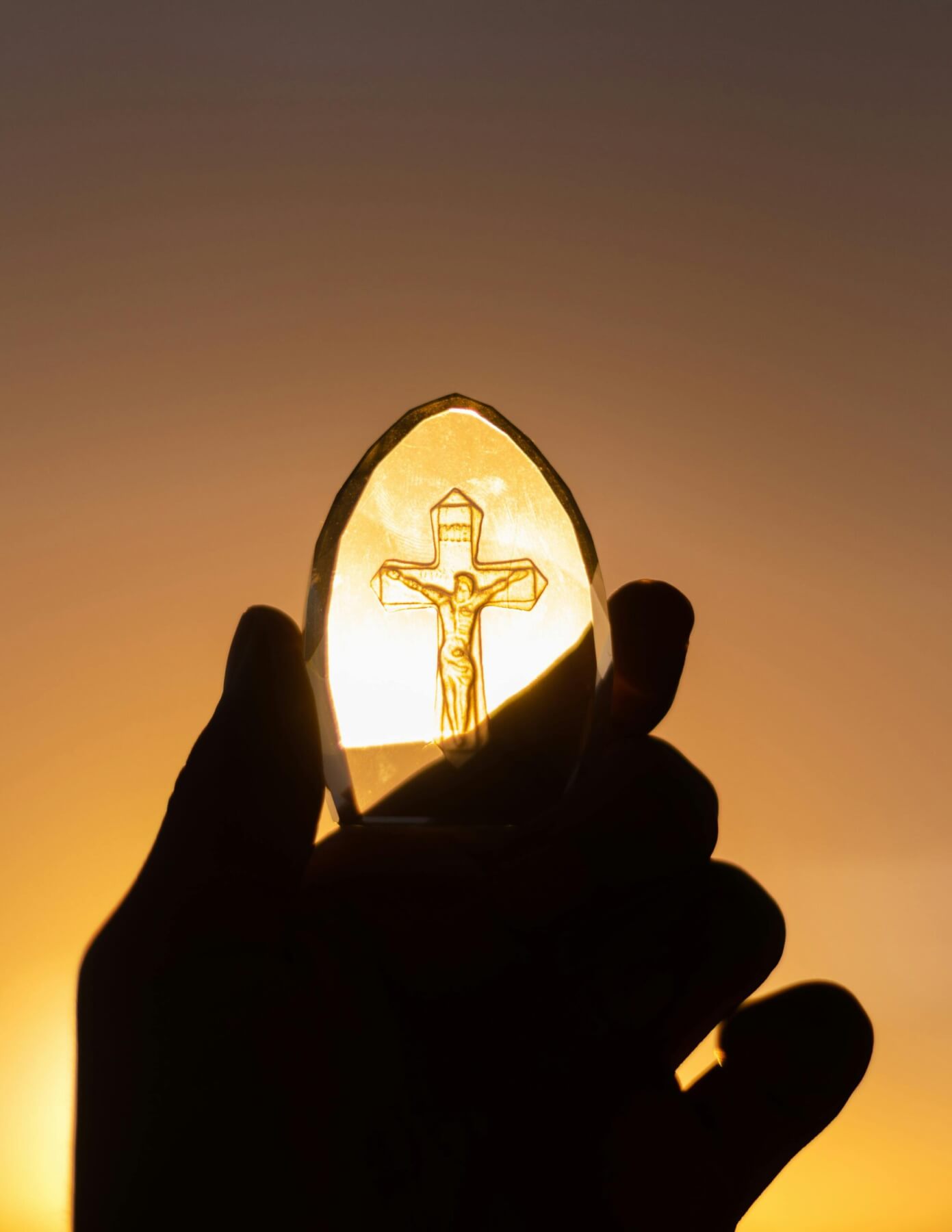Good Friday and Easter Sunday are the central events of Easter. While many of us enjoy the holiday and perhaps justify the opportunity to indulge in a bit of chocolate and a hot cross bun or two, there’s many of us who aren’t sure how the death of Jesus on a cross is relevant to the season.
What’s the special relevance of the cross anyway? Particularly at Easter, why does a cruel instrument the Romans devised for executing criminals feature so much and why is it a recognised symbol of Christian faith? Readily visible today, crosses adorn buildings and architecture, cemeteries, accident sites, inspire artworks, and very commonly are worn as jewellery. Perhaps there’s part of the problem… that it’s become just so familiar we don’t think too deeply about it!
I was talking randomly to a bubbly teenage girl once who really had her own style and flair going on with dress sense. Noticing a cross among her ‘adornments’ I asked her what wearing the cross meant to her and what her understanding of it happened to be. She laughed casually as she replied, “Oh it’s just a fashion statement!”
But what is the real message and the meaning behind the cross? In the New Testament of the Bible, the Apostle Paul explained in his letters to a first century audience, the real meaning of Jesus’ dying on a cross and what set His death apart from any other death by crucifixion. His words remain potent for us all…
“If Christ had not DIED, then RISEN, your faith would be meaningless and you would remain in your sins.”
There’s two earth-shattering realities here that we should be aware of:
Firstly, Jesus the Son of God was put to death in the eternal plan of God to make atonement for the sins of all humanity … He alone could die to take the punishment for sin as He alone was sinless … an incredible exchange has been made possible since Jesus took upon Himself, the curse of sin and broken relationship with God. His death on the cross and His resurrection, made it possible for this exchange to take place.
Anyone receiving Jesus as Saviour and Lord and repenting, that means turning from their sin, can be ‘born again’ and receive God’s forgiveness, His gift of righteousness and of eternal life.
Secondly, Jesus rose from the dead. Hundreds of His followers attested to that fact as eyewitnesses – many testified to what they’d seen and they paid for that with their lives! You don’t put your life on the line for something you know is a myth.
Jesus was innocent of ANY wrongdoing, yet His blood was shed. He suffered and died on our behalf making the way for us to be reconciled to God. Christ’s death AND His resurrection atoned for the sin of humanity, collectively and individually- our estrangement from God was dealt with; forgiveness and reconciliation has been made possible.
This Easter, may the cross remind us of this really good news! Anyone personally acknowledging their need of salvation, can receive by faith, the new life Jesus Christ alone offers through His death and resurrection!











